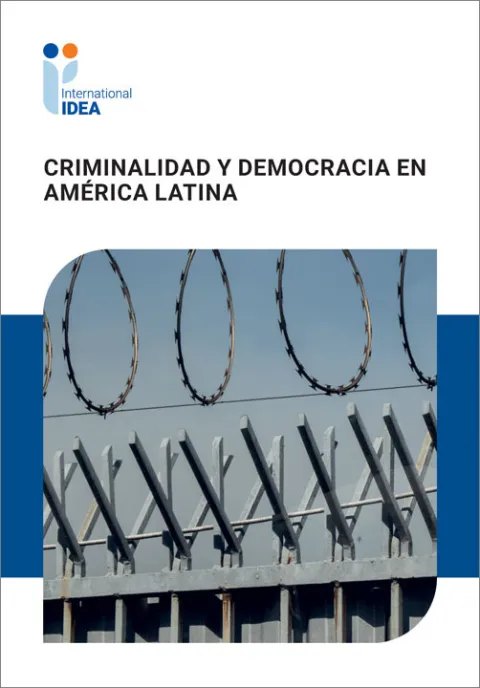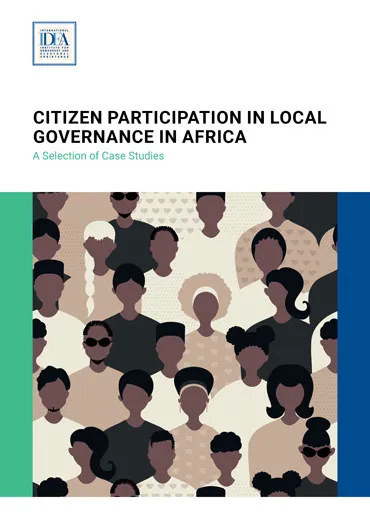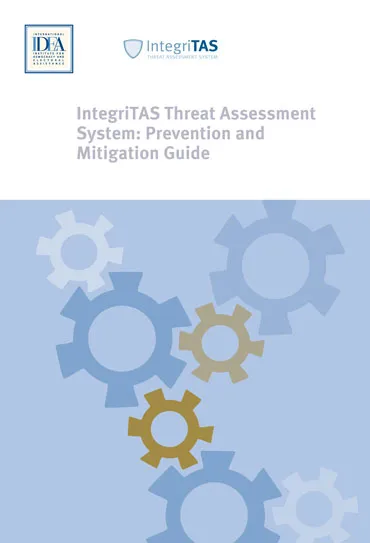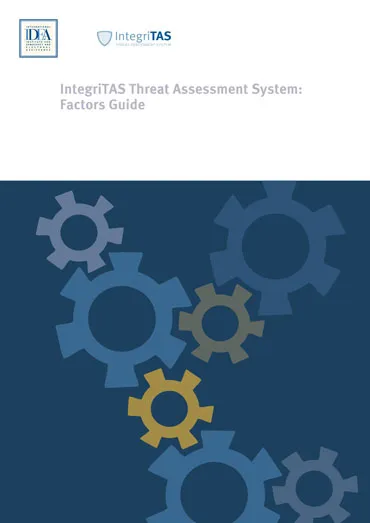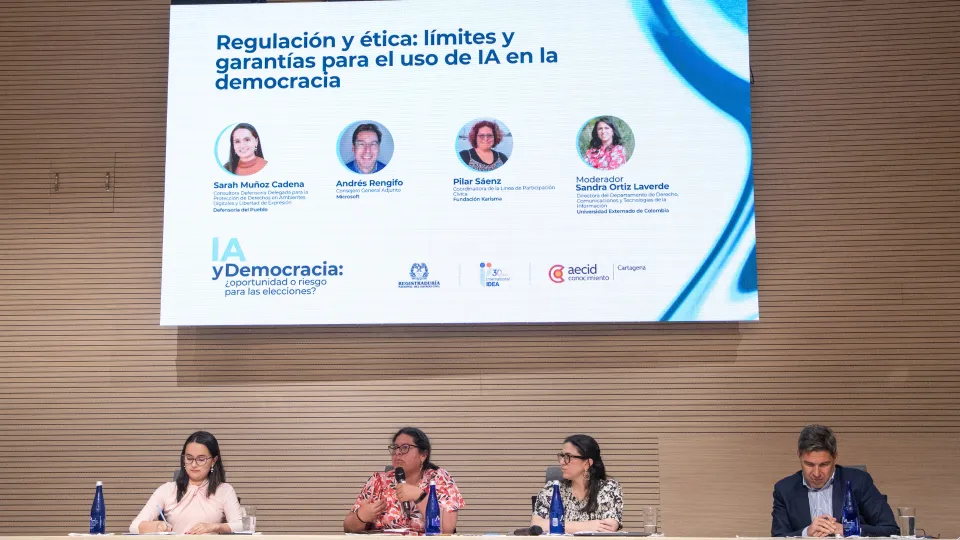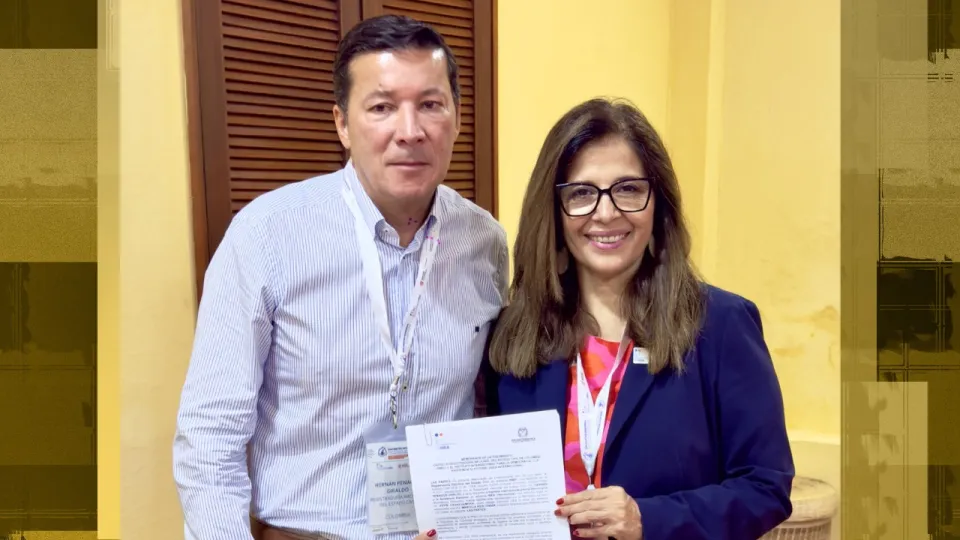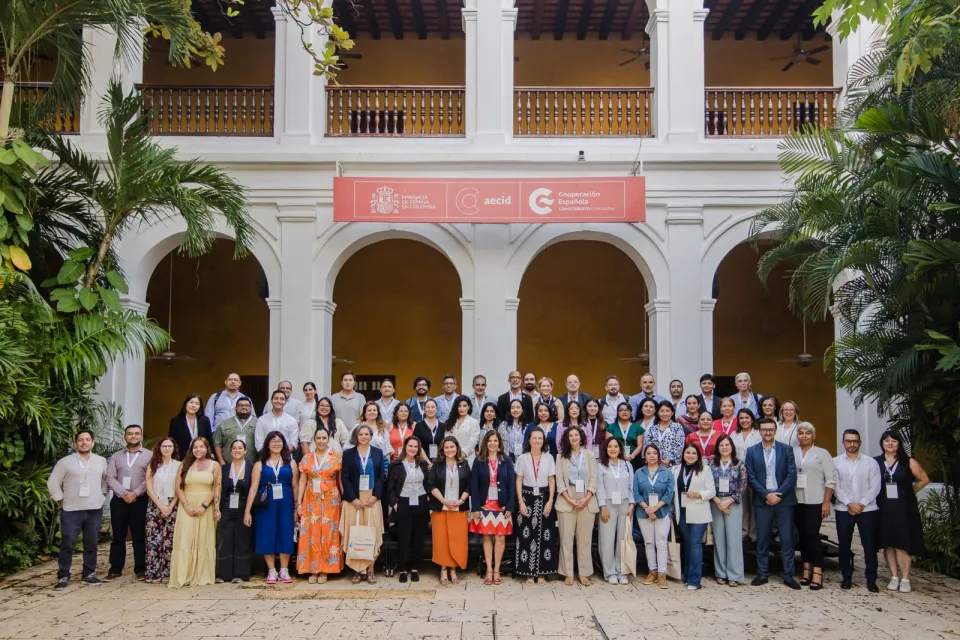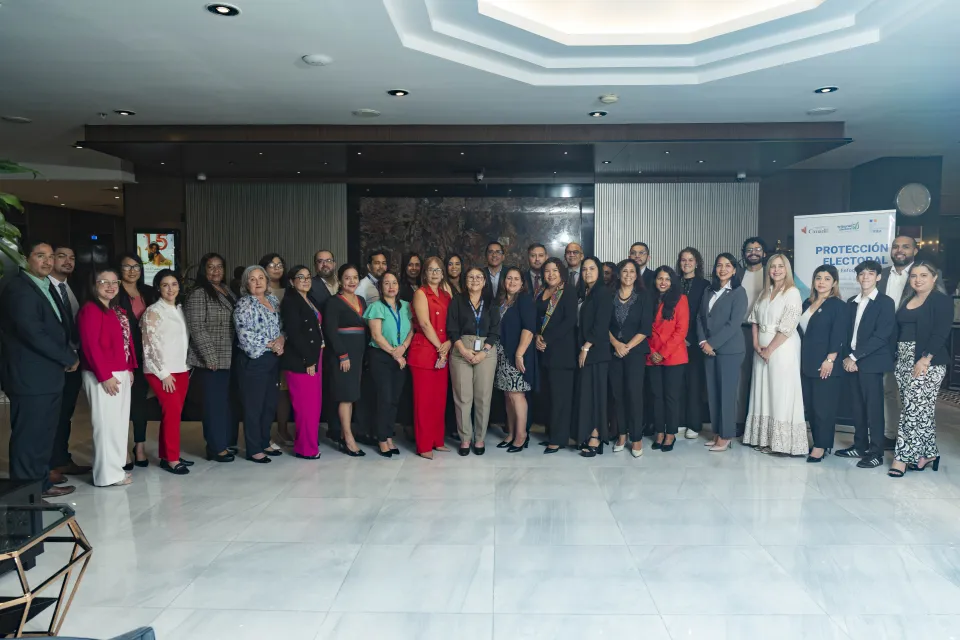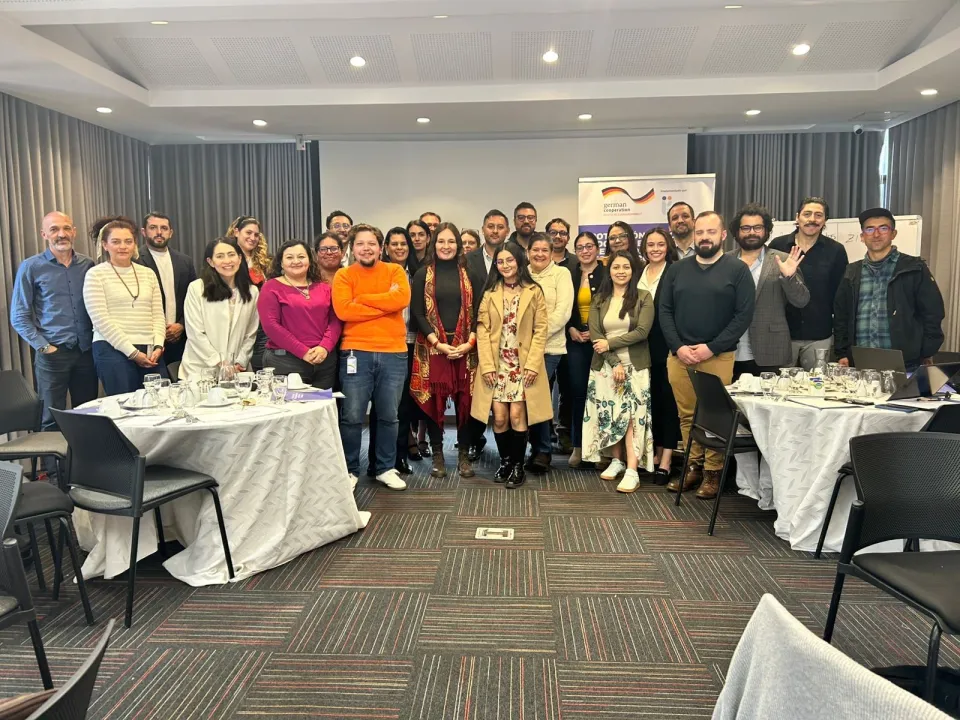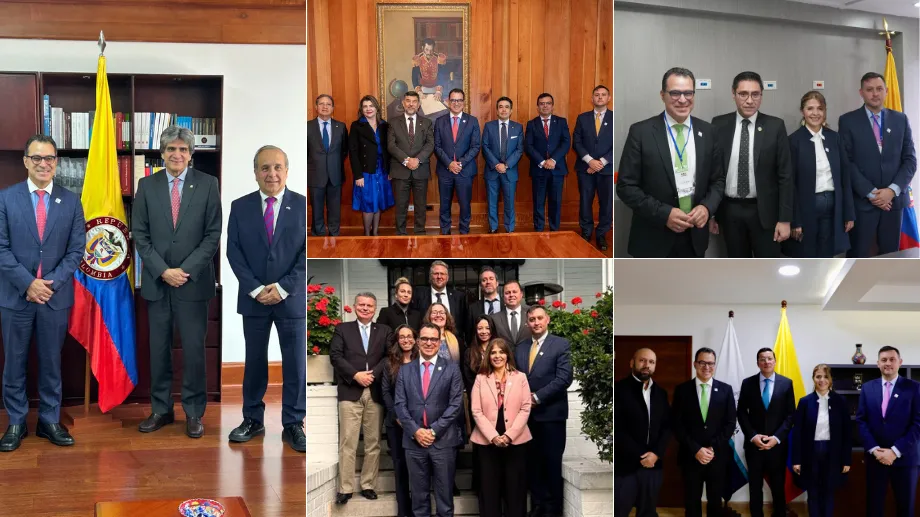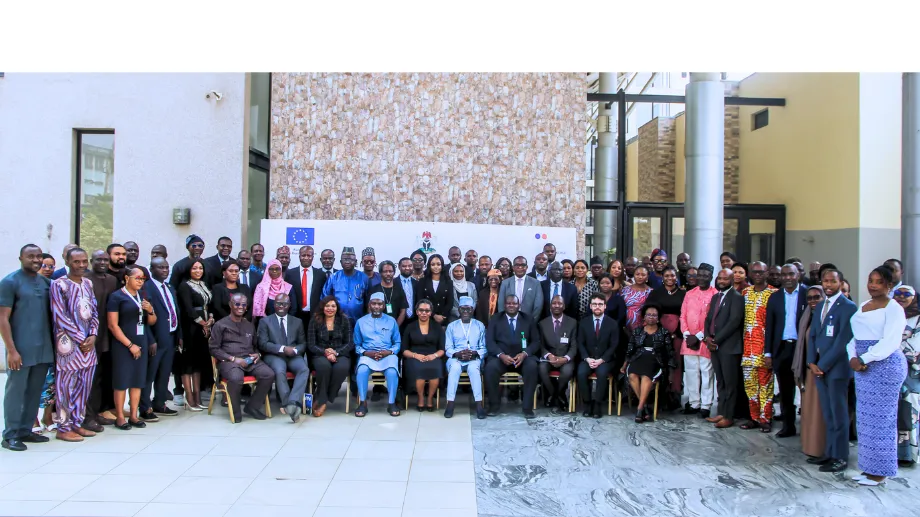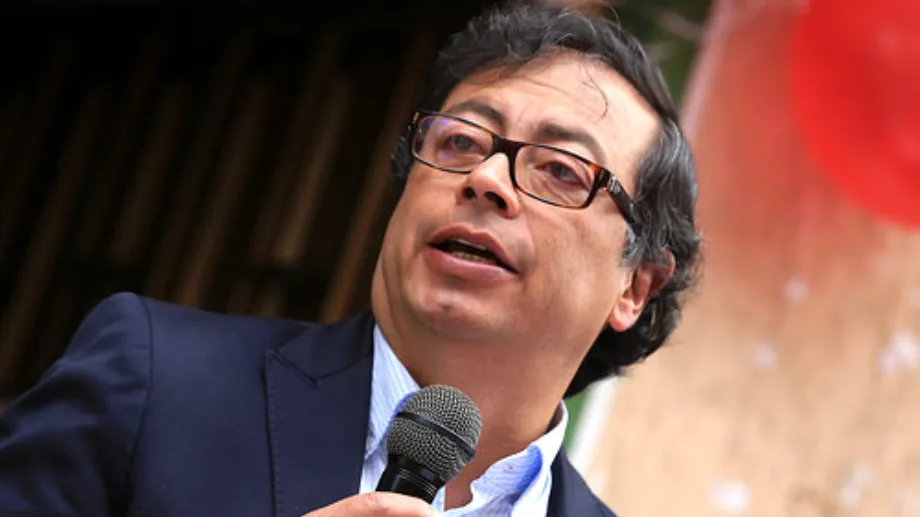Protecting Politics: Deterring the Influence of Organized Crime on Local Democracy
Local democracy encompasses formal and informal subnational institutions that respond to citizens’ needs.
At the centre of local democratic practice are open governments, which provide people with space to promote participation, deliberation and a focus on public interests. However, local state fragility undermines democracy. Organized crime increasingly exploits such weaknesses in order to protect its illicit businesses, as political corruption is an ideal avenue preferred by organized criminal groups.
This report examines the interlinkages between organized crime networks and political actors at the local level. It also analyses policy responses (particularly decentralization policies) that have—intentionally or unintentionally—enabled or prevented organized crime engagement in political corruption at the local level. Case studies from Afghanistan, Colombia and Niger illustrate how illicit networks relate to local levels of government and decentralization processes.
Details
Staff author
Contents
Preface
Acknowledgements
1. Introduction
2. Organized crime, democracy and the state
3. The nexus between organized crime and politics at the local level
4. Case study: Afghanistan
5. Case study: Colombia
6. Case study: Niger
7. Conclusions
References and further reading
About the authors
About the organizations
Give us feedback
Do you have a question or feedback about this publication? Leave us your feedback, and we’ll get back to you
Send feedbackProtecting Politics: Deterring the Influence of Organized Crime on Local Democracy
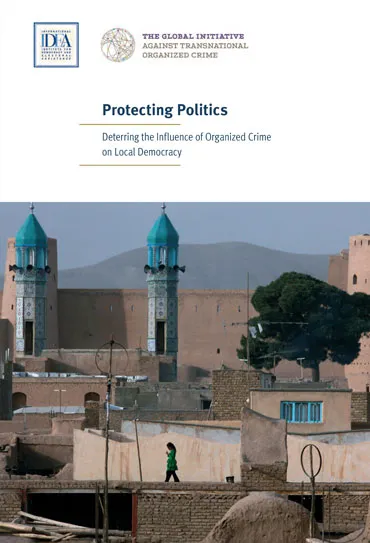
| Total views | 6380 |
|---|---|
| Downloads | 26 |
| Rating |
Staff author
Give us feedback
Do you have a question or feedback about this publication? Leave us your feedback, and we’ll get back to you
Send feedback
